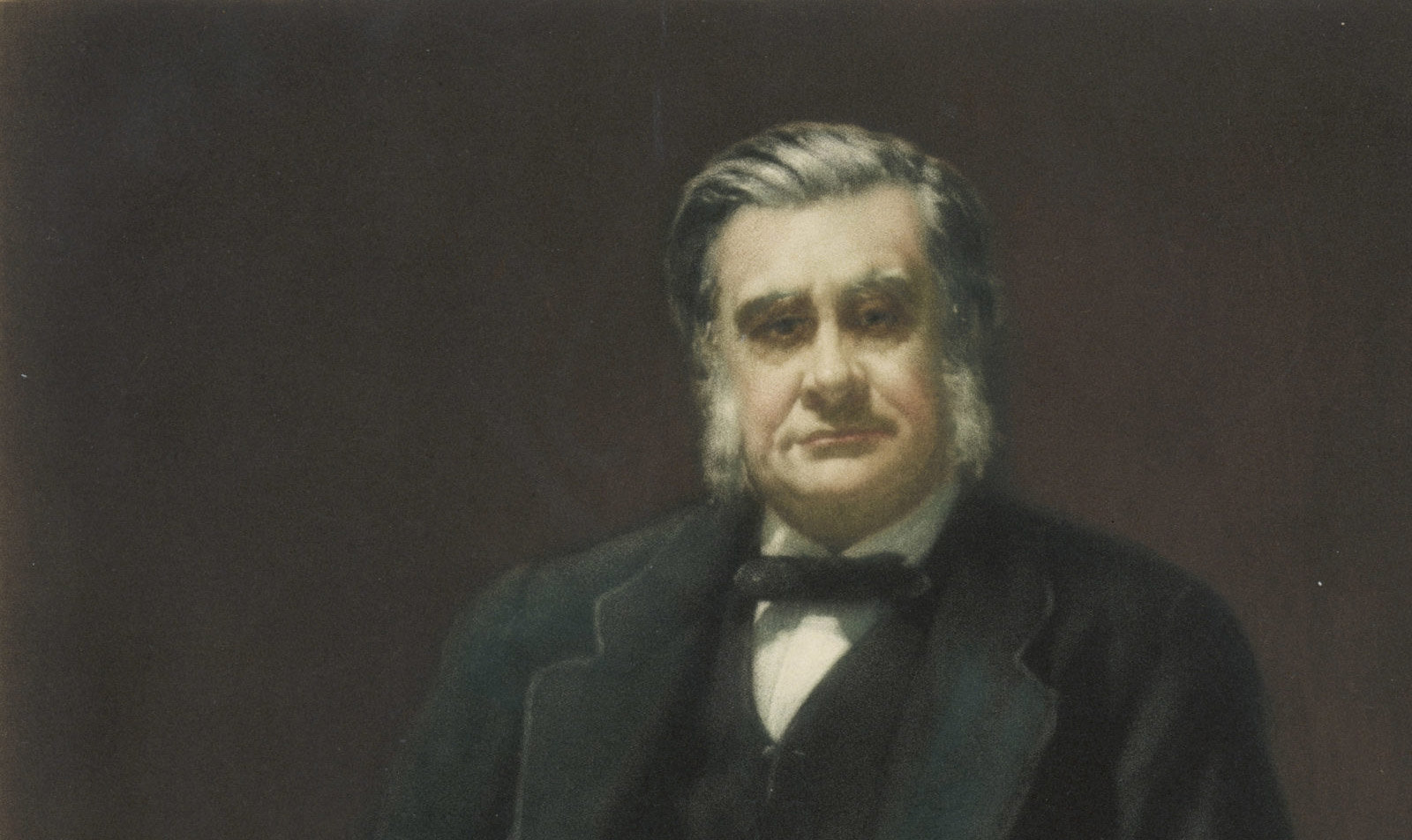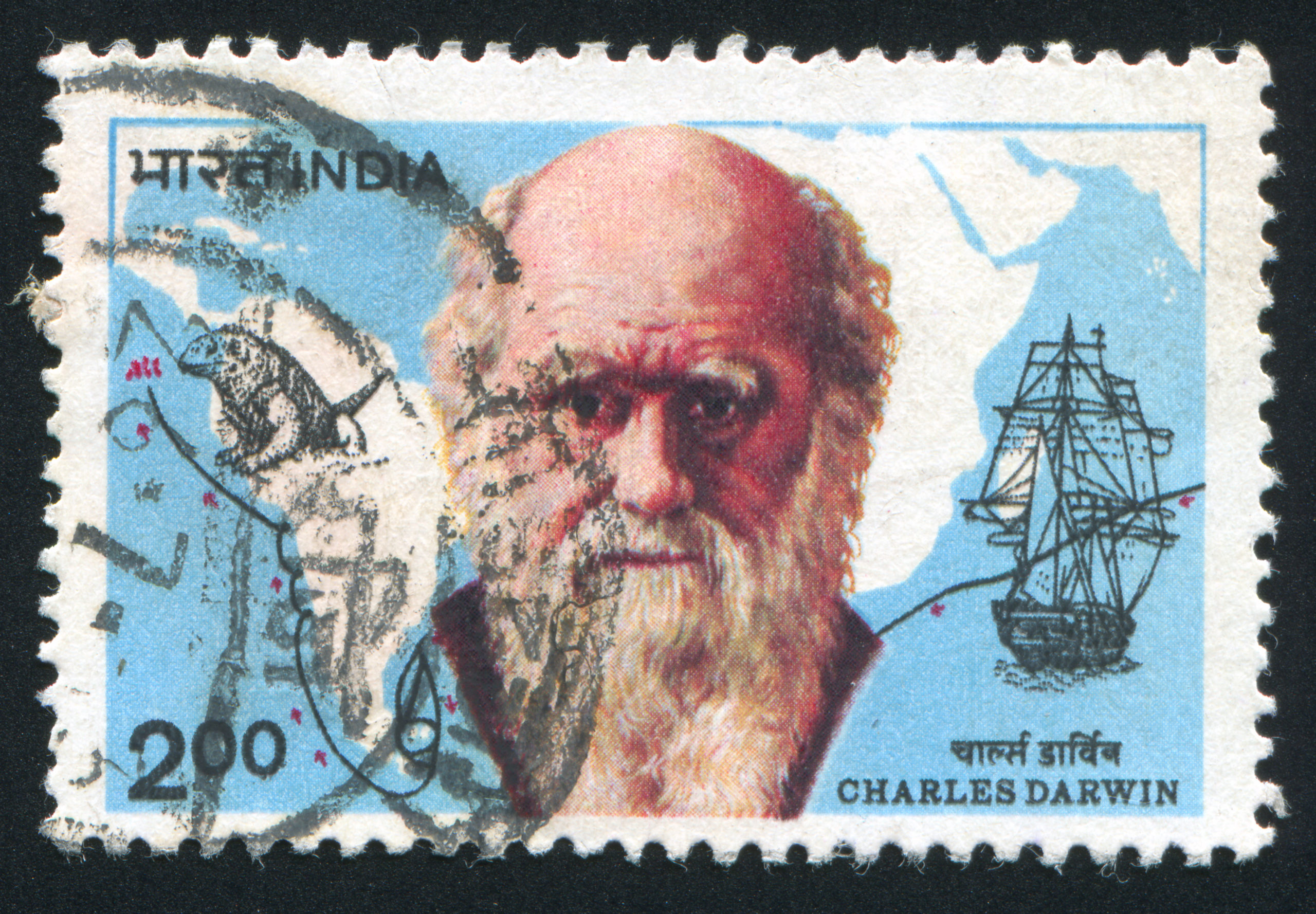Politically Dead Wrong
Review of What is Darwinism? And Other Writings on Science and ReligionCharles Hodge, Edited and with an introduction by Mark A. Knoll & David N. LivingstoneGrand Rapids, MI: Baker Books, 1994. 182 pp. The central administration building at Princeton Theological Seminary is Hodge Hall, named after the most prominent and respected Presbyterian theologian in mid-nineteenth-century America. Charles Hodge taught theology Read More ›

